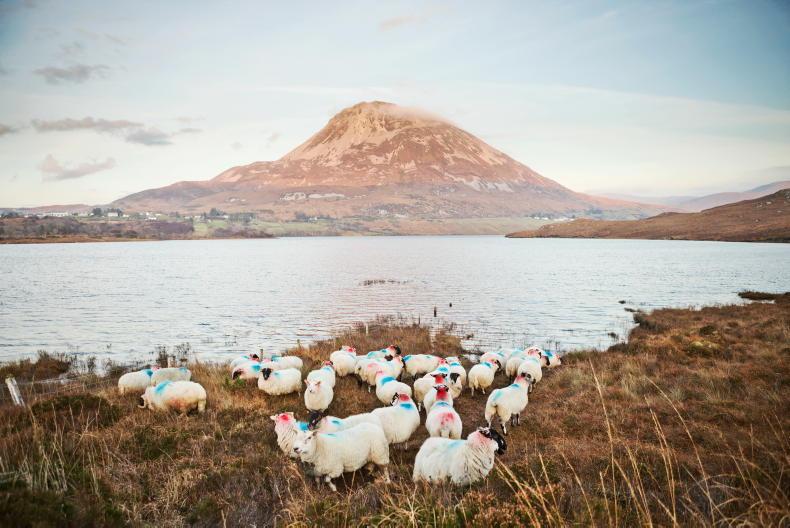As many as 10,000 farmers failed to draw down their Areas of Natural Constraint (ANC) payment in recent years due to an inadequate stocking rate.
There are two stocking rate requirements farmers eligible for ANC payments must meet.
Applicants must satisfy a minimum stocking rate averaging equal to or greater than 0.15 livestock units per eligible forage hectare.
The second aspect applicants must meet is to maintain a stocking rate equalling or greater than 0.15LU/ha across a consecutive seven-month period within the calendar year.
Required numbers
Where farmers are currently not satisfying the seven-month consecutive period, they have three weeks to do so, with 31 May the last day to get the required numbers on hand.
If this is the avenue selected, then numbers will need to be retained until the end of the year.
Also, if stock are being maintained for the minimum period of seven months, then the stocking rate will need to equal or exceed an average of 0.26LU/ha during this period to achieve an average of 0.15LU/ha across the full year.
Failure to satisfy either of these requirements will deem an applicant ineligible for payment.
The exception to this is where a lower stocking rate is commanded under an agri-environmental scheme or commonage framework plan.
Animal values
Table 1 details the livestock unit values for eligible animals.
It should be noted that since 2020 donkeys will no longer be allowed to satisfy 100% of stocking rate requirements and will be capped at fulfilling a maximum of 50%.
This meant a change for in the region of 900 applicants who used donkeys to satisfy ANC stocking rates, with reports indicating some missed out due to a failure to get alternative stock on hand in sufficient time.
All farms where donkeys or horses are retained must be registered with the Department of Agriculture, Food and the Marine, in accordance with SI No. 8 of 2012, Diseases of Animals Act 1966 (Registration of Horse Premises) Order 2012.
Eligible
Regarding horses, they are deemed to be eligible to satisfy ANC requirements if they are held on an equine breeding enterprise.
This is defined in the terms and conditions as a holding which has bred a foal in either 2018 or 2019 from a mare registered on the holding in 2019.
The mare must be registered in a stud book approved by the Department with pedigree recorded (sire and dam).






 This is a subscriber-only article
This is a subscriber-only article










SHARING OPTIONS: